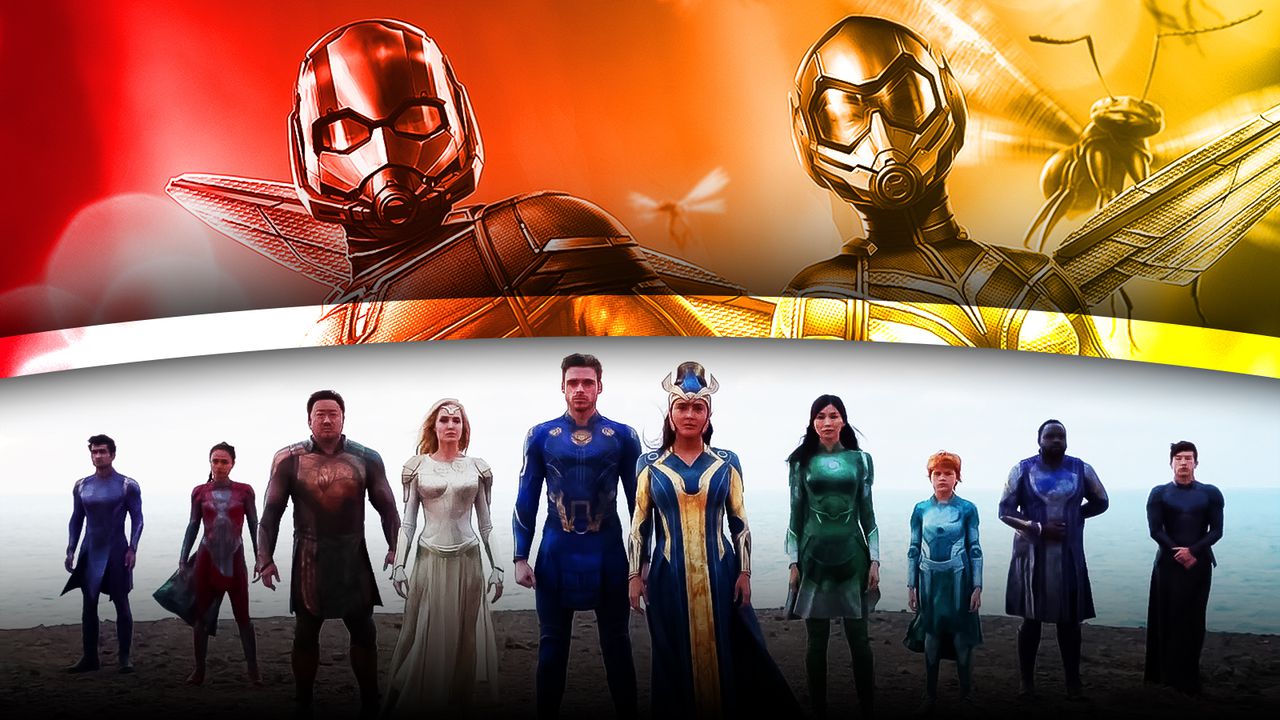
The MCU now contains 23 films and three Disney+ series and shows no signs of stopping. This type of consistent success in telling interconnected stories is unprecedented in film.
Being able to deliver moving, entertaining, and groundbreaking films back-to-back is a masterful achievement, especially when those films contain characters from lesser-known properties. Marvel Studios singlehandedly turned the Avengers and Guardians of the Galaxy into household names while competitors have struggled to find the same level of success with more well-known characters.
In recent years, much of the MCU's financial success has come from its willingness to embrace and celebrate diversity. Black Panther, which broke ground with an all-Black main cast, and Captain Marvel, the first MCU film with a female lead, both performed incredibly well. Looking at the slate of projects the studio has lined up shows that the studio is going to continue playing to this newfound strength.
Recently, a Marvel executive commented on how the franchise has managed to keep delivering these hits and how it plans to keep them coming in the future.
REPRESENTATION IS KEY TO MARVEL'S SUCCESS

Speaking to Deadline, Marvel Studios Executive Vice President of Production Victoria Alonso talked about the secret to Marvel's continued success. When asked why every Marvel Studios movie is #1 at the box office on its opening weekend, Alonso pinned such consistent domination on the fact that the MCU's "audience is global:"
“The reason we have that success consistently is because our audience is global. You cannot have a global audience and not somehow start to represent it… For us, it was really, really, really important to have that.”
Alonso then pointed to groundbreaking films like Captain Marvel and Black Panther, both of which did incredibly well. She noted, "You can look at it from the social point of view, the cultural point of view:"
“For the longest of time, we heard a woman-led film will never open. I say, ‘Please check, Captain Marvel made a lot of money.’ Then they always told us that Black Panther was never going to open and that nobody wanted a completely Black cast, and that made $1.3B. So you can look at it from the social point of view, the cultural point of view.
Representation, according to Alonso, is a requirement for the MCU's continued financial success. "You're leaving money on the table by not representing," she said:
"From a fiscal point of view, you are leaving money on the table by not representing. I think 51% of our audience is female, 28% of our audience is Hispanic. If we don’t represent the people that watch what we make, eventually they’ll go elsewhere because somebody else will figure it out.”
MARVEL'S SLATE BREAKS DOWN MORE BARRIERS
This push for representation is evident in both recent MCU works and its future slate. The original Avengers were all white and contained only one woman. As these heroes have died or retired, their successors have tended to be either people of color or women.
Tony Stark's legacy will be continued by James Rhodes in Armor Wars and Riri Williams in Ironheart, and both are Black. In The Falcon and the Winter Soldier, another Black man, Sam Wilson, took up the mantle of Captain America.
Thor: Love and Thunder will see a Goddess of Thunder when Jane Foster wields Mjölnir. She-Hulk will follow Jennifer Walters, a woman with powers similar to Bruce Banner's Hulk. The Hawkeye series will focus mainly on Clint Barton passing the torch to Kate Bishop. Black Widow will have Yelena Belova take Natasha Romanoff's mantle. Ms. Marvel/Kamala Khan will follow in the footsteps of her idol, Carol Danvers/Captain Marvel, in her upcoming series Ms. Marvel, which will introduce the MCU's first Muslim hero.
It's not just successor characters that are opening doors either. Billy Maximoff, introduced in WandaVision, will most certainly return to take his place in the Young Avengers as Wiccan and, in the comics, the character is openly gay. In his self-titled series, Loki the God of Mischief has been confirmed as genderfluid, a key aspect of his character in the comics.
America Chavez/Miss America, who is set to debut in Doctor Strange in the Multiverse of Madness and identifies as lesbian, broke ground in the comics as the first LGBTQ+ Latina character to lead her own series. Another openly gay character, Phastos, will appear in Eternals.
These are only some examples of how the MCU slate is continuing to push the needle towards greater inclusivity. As Victoria Alonso mentioned, Marvel knows that if they don't provide representation in their films, other studios will. While Marvel stories span multiverses, at their core, they take place in a version of our world.
To be believable, that world should be just as rich and diverse as the real one. So far, Marvel Studios is taking steps in the right direction and only seems to be getting better over time.












